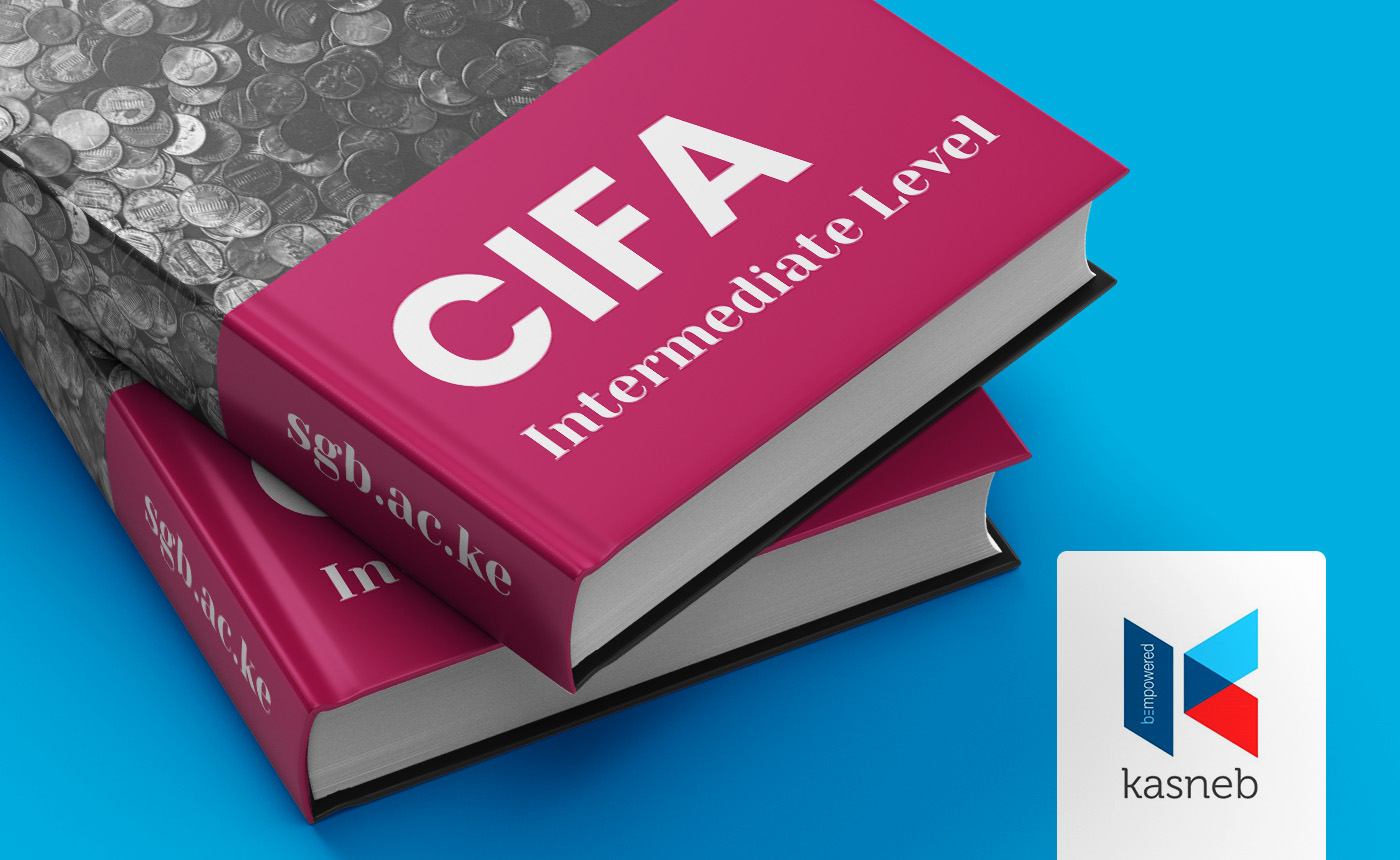Phone: +254 700 524589 | +254 782 524589 Email: [email protected]
Paper 10: Corporate Finance

About Course
The Professional courses are administered at Foundation, Intermediate and Advanced Levels. Each level requires an average of one year, though candidates are advised to provide for an additional one year to meet requirements for internship/ practical experience.
A student must book for a minimum of three papers in a level in any order unless is exempted or has credits.
This course is aimed at persons who wish to qualify and work or practice as investment, securities and financial analysts, portfolio managers, investment bankers, fund managers, consultants on national and global financial markets and related areas.
Course Content
MAY TO AUGUST 2025 CLASS RECORDINGS
-
JUNE 17TH
02:16:07 -
JUNE 19TH
02:20:20 -
JULY 15TH
00:00 -
JULY 17TH
01:31:20 -
JULY 22ND
01:37:06 -
JULY 25TH
02:07:53 -
JULY 29TH
01:51:58 -
JULY 31ST
01:14:14
Course outline
1. Overview of corporate finance
2. Cost of capital
3. Capital structure
4. Capital investment decisions under certainty
5. Capital investment decisions under uncertainty
6. Management of working capital
7. Mergers and acquisitions
8. Dividend policy
9. ANALYSIS OF CORPORATE GROWTH AND RESTRUCTURING
10. Islamic finance
past paper
Online Class Link
Student Ratings & Reviews

